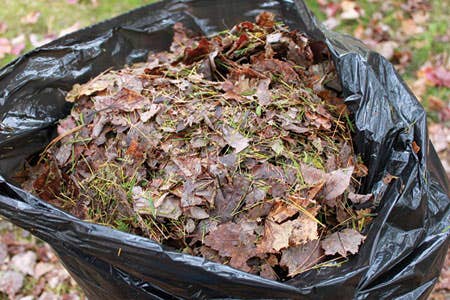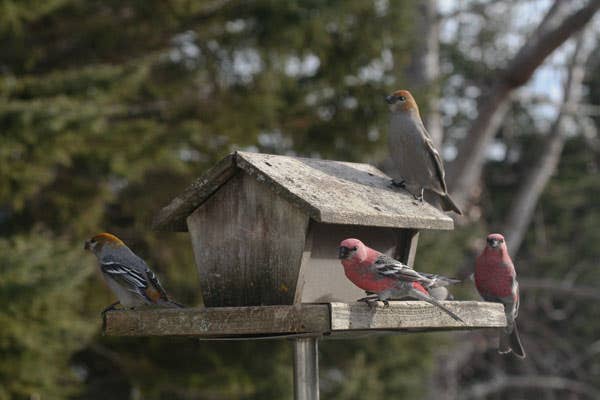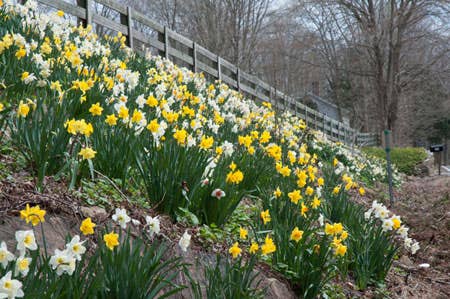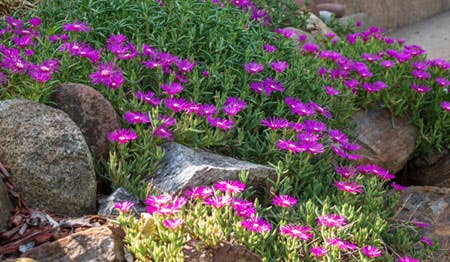The Safe Seed Pledge
In response to the increasing proliferation of genetically modified seeds, these mail-order seed companies have signed the Safe Seed Pledge.
Genetically Modified Seeds
Genetically modified seeds have had their genetic material altered using genetic engineering techniques. The intent may be to create plants resistant to certain pests, herbicides or environmental conditions, to increase nutritional value or to enhance certain aesthetic traits, among other purposes.
There is some controversy surrounding genetic modification. Opponents cite the unknown negative side effects of the practice and the potential impact on the food chain, in addition to general disapproval of meddling with evolution. Organic farmers are concerned about pollen from GM plants reaching their crops. Genetically modified seeds are patented by the companies that develop them, and farmers can’t grow them without purchasing a license. Fresh seed must be purchased each year, because saving seeds of a patented plant is illegal. The largest seed developers drop open-pollinated and heirloom varieties, which can’t be patented, from their catalogs in favor of GM seeds they can own, meaning gardeners have trouble finding old-fashioned favorites.
The Safe Seed Pledge
In response to the proliferation of genetically modified seeds, some seed distributors have signed the Safe Seed Pledge, which reads:
“Agriculture and seeds provide the basis upon which our lives depend. We must protect this foundation as a safe and genetically stable source for future generations. For the benefit of all farmers, gardeners and consumers who want an alternative, we pledge that we do not knowingly buy or sell genetically engineered seeds or plants. The mechanical transfer of genetic material outside of natural reproductive methods and between genera, families or kingdoms poses great biological risks as well as economic, political, and cultural threats. We feel that genetically engineered varieties have been insufficiently tested prior to public release. More research and testing is necessary to further assess the potential risks of genetically engineered seeds. Further, we wish to support agricultural progress that leads to healthier soils, genetically diverse agricultural ecosystems and ultimately people and communities.”
Here are some mail-order seed companies that have signed the Safe Seed Pledge:
Abundant Life Seeds
Baker Creek Heirloom Seeds
Cubit’s Organics
Garden Medicinals and Culinaries
Golden Harvest Organics
Gourmet Seed International
Grandma’s Garden/Underwood Gardens
Granny’s Heirloom Seeds
Johnny’s Selected Seeds
John Scheeper’s Kitchen Garden Seeds
Heirloom Acres
High Mowing Organic Seeds
Native Seeds/SEARCH
New Hope Seed Company
Nichols Garden Nursery
Renee’s Garden Seeds
Richters Herb Specialists
Salt Spring Seeds
Seeds of Change
Seed Savers Exchange
Seeds Trust
Select Seeds Antique Flowers
Sky Fire Garden Seeds
Southern Exposure Seed Exchange
Sustainable Seed Company
Territorial Seed Company
The Thyme Garden
Victory Seed Company
West Coast Seeds
Wood Prairie Farm







